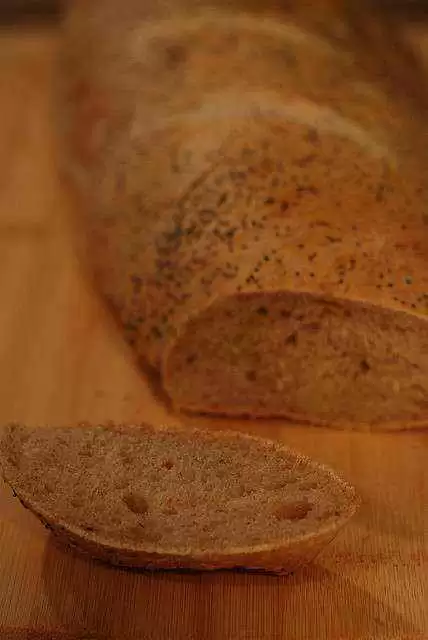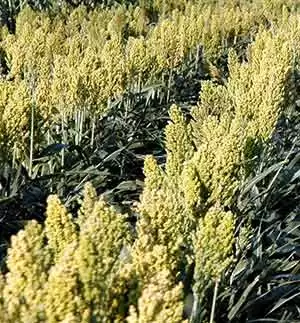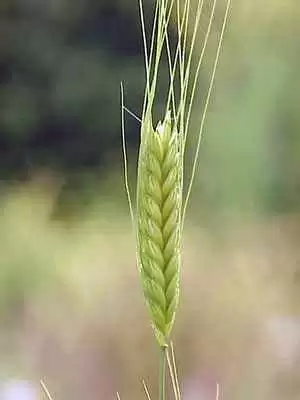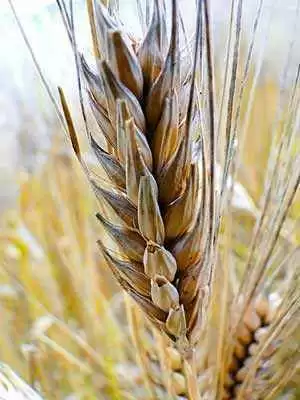Celiac.com 12/03/2007 - Along with the increasing rate of celiac disease diagnosis comes a corresponding increase in the need for safe, inexpensive, and appetizing gluten-free foods. Sorghum is inexpensive to grow, has a neutral flavor, and has been assumed to be gluten-free due to its close relationship with maize. Sorghum has been consumed in many parts of the world in foods and beverages such as flat breads, porridge, and beer. However, in the United States, the country that grows most of the world's sorghum, it is used primarily as animal feed.
Researchers tested the safety of sorghum in duodenal biopsies (tissue samples from the small intestine) from 8 celiac patients and 4 patients with other gastrointestinal disorders (i.e., not celiac disease). Biopsies treated with sorghum protein digests showed no increase in proteins involved in the immune response to gluten. By comparison, biopsies of celiac patients treated with gliadin or wheat protein digests showed an increase in these proteins, as expected. The immune response was not induced in biopsies of non-celiac patients, regardless of treatment.
Celiac.com Sponsor (A12):
In the second part of the study, the safety and palatability of sorghum foods were tested in 2 female celiac patients, known to be compliant with a gluten-free diet. The patients ate sorghum in bread, cookies, and cake for 5 days. Antibodies for transglutaminase, known to be elevated after gluten consumption in celiac patients, did not increase in the patients during or after the sorghum challenge. The celiac patients rated the palatability of the foods as good or excellent and reported no increase in gastrointestinal (GI) or non-GI symptoms.
Researchers from Italy, the United Kingdom and the United States carried out this preliminary study. The data indicates that sorghum is highly likely to be safe for consumption by those who are gluten-intolerant. Additional studies are required to determine the long-term safety of sorghum in the diet of celiac patients.
References:
Ciacci, C. et al. (2007) Celiac disease: In vitro and in vivo safety and palatability of wheat-free sorghum food products. Clin. Nutr. 26, 799-805.
U.S. Grains Council Web Site. Sorghum. Accessed Dec 1, 2007.












Recommended Comments